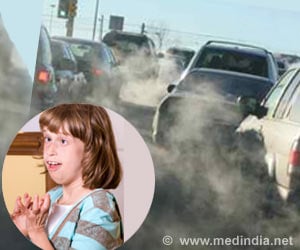Air pollution in Tehran hits its worst level - for a day without a sandstorm - in at least nine months, prompting warnings that all citizens should stay indoors.

‘The Air Quality Index in Iran's capital showed an average level of 162, that means the air is unhealthy for everyone in. Visibility was low as a grey fog blanketed the Tehran.’





Visibility was low as a grey fog blanketed the Tehran, a megacity with an estimated 14 million people within its metropolitan area. Monday’s high pollution level was the second highest recorded since the start of the Iranian year on March 21, 2015.
The meter hit 252 during an isolated dust storm in September 2015.
Air Quality Control Organization chief Vahid Hosseini said, "Floating particles from car emissions were the worst pollutant Monday - registering ’seven times the standard level’."
The deputy for Tehran’s environmental monitoring department said, "Officials may move to shut down schools should the index reach 200."
Advertisement
Masoumeh Ebtekar, a vice president responsible for environmental protection, said, "Iran’s government has tried to cut pollution by supplying Euro 4 standard fuel in large cities."
Advertisement
In 2012, pollution contributed to the premature deaths of 4,500 people in Tehran and about 80,000 in the country, according to the health ministry.
In December 2014, almost 400 people were hospitalized with heart and respiratory problems caused by heavy pollution in Tehran, with nearly 1,500 others requiring treatment.
Source-AFP










